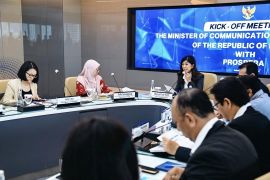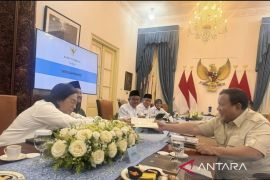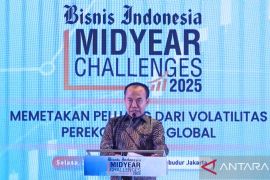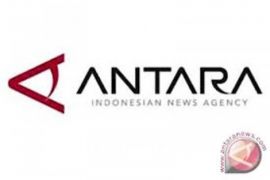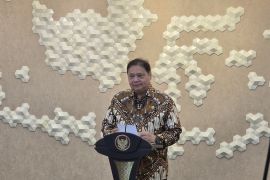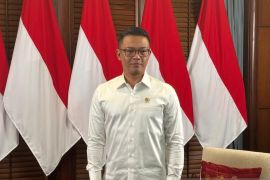"Indonesia made a significant contribution to the world tuna exports by exporting about 209.410 tons of tuna worth US$768.4 million in 2013," the minister said during the Second Bali Tuna Conference and the 5th International Coastal Tuna Business Forum (ICTBF-5) in Kuta, Badung District, Bali, on Thursday.
Rizal said Indonesia is a force to be reckoned with in the world tuna business. The Food and Agriculture Organization of the United Nations (FAOs) official data indicated that in 2014, about 6.8 million metric tons of tuna and other tuna species were caught across the world.
Indonesia supplied over 16 percent of the global total tuna production. Its average tuna, skipjack and tongkol production touches 1.1 million tons per annum.
"The economic value of the Indonesian tuna trade is very high and offers a big chance of continuing to be so," Rizal noted.
Tuna as a resource, he said, is a fishery product, which has a high economic value and has become the world�s fish prima donna commodity. Its highly migratory nature causes tuna to be utilized by many countries in the world.
As one of the biggest tuna producers in the world, Indonesia is facing a number of challenges. The FAO data indicated that a third of tuna stocks are currently caught in a non-sustainable way. The remaining 66.7 percent of tuna stocks are caught in a maximal condition.
The tuna stock is based on the same data, especially in the western part of the Indian Ocean, which has also experienced a significant decline of 30 percent over the past several years. The declining stock is generally a result of fish poaching.
Catch Fish Director, General Narmoko Prasmadji, said the catching of tuna should be done based on the principles of sustainability, traceability (to prevent illegal, unreported, unregulated/IUU fishing), and accountability where the utilization of tuna must be in accordance with accountable fishery management principles.
By taking the matter into account, the world will see the commitment of Indonesia in maintaining a tuna habitat. "We already have the commitment of the Indonesian government to supporting tuna resource management," he said.
After all, the government already has the Indonesian Tuna Fisheries Management Plan, based on the Decision of the Maritime Affairs and Fisheries Minister No. 107/2015 regarding the Management Planning of Tuna, Skipjack and Tongkol.
Narmoko said the KKP has been consistent in conserving tuna habitat. It needs to draft a strategy for managing the tuna business from the upstream to downstream areas by building a strong commitment and partnership among all national, regional and international stakeholders.(*)
Editor: Heru Purwanto
Copyright © ANTARA 2016
